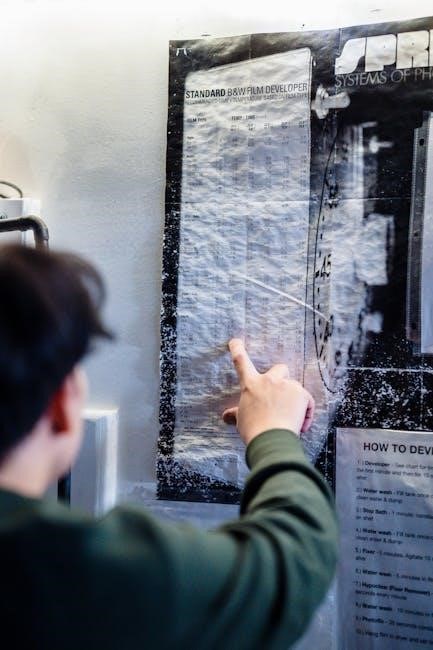Becoming a hunting guide requires a blend of leadership, wildlife expertise, and safety knowledge․ Guides lead excursions, ensuring successful and safe hunting experiences while teaching conservation ethics․
1․1 Understanding the Role of a Hunting Guide
A hunting guide leads excursions, ensuring clients’ safety and success while teaching conservation ethics and wildlife knowledge․ Guides must possess expertise in tracking, habitats, and hunting techniques to provide unforgettable experiences․ Their role involves planning, navigating, and educating clients on ethical practices, fostering a deep connection with nature and promoting sustainable hunting traditions․
1․2 Importance of Hunting Guides in the Industry
Hunting guides play a vital role in ensuring safe, ethical, and successful hunting experiences․ They educate clients on wildlife conservation, promote sustainable practices, and uphold ethical hunting standards․ Guides also contribute to the industry’s growth by fostering responsible hunting traditions and supporting local economies․ Their expertise and leadership are essential for maintaining the integrity and sustainability of the hunting industry as a whole․
Essential Skills and Knowledge Required
Hunting guides need in-depth wildlife knowledge, expert navigation, and mastery of hunting strategies․ They must ensure safety, follow ethical practices, and adapt to diverse environments effectively․
2․1 In-Depth Knowledge of Wildlife and Habitat
Understanding wildlife behavior, habitats, and patterns is crucial for hunting guides․ They must identify animal tracks, recognize feeding areas, and know seasonal movement patterns․ This knowledge ensures safe and successful hunting trips while promoting conservation efforts and ethical practices․
2․2 Proficiency in Hunting Techniques and Strategies
A skilled hunting guide must master various hunting techniques, such as archery, rifle shooting, and trapping․ Understanding animal behavior and movement patterns is essential for developing effective strategies․ Guides should be adept at stalking, calling, and positioning clients for optimal success․ Proficiency in these areas ensures a safe and rewarding experience for hunters of all skill levels․
2․3 Advanced Navigation and Tracking Skills
Advanced navigation and tracking are critical for hunting guides․ They must accurately read maps, use GPS, and identify natural landmarks․ Tracking involves recognizing animal signs, such as footprints and scat, to predict movement patterns․ These skills ensure guides can locate game and safely lead clients through diverse terrain, enhancing the overall hunting experience and success rate․
Education and Licensing
Education and licensing are crucial for becoming a hunting guide․ Formal training in wildlife management and outdoor skills is essential․ Obtain a hunting license and complete guide-specific programs to ensure compliance with regional regulations․
3․1 Obtaining a Hunting License
Obtaining a hunting license is a critical step to becoming a guide․ Each state has specific requirements, often involving completing a hunter safety course․ These courses cover essential skills like wildlife conservation, ethics, and firearm safety․ Once certified, apply for the license through your state’s wildlife agency․ Ensure compliance with local regulations, as licensing requirements vary․ This step is foundational for legally guiding hunting trips and ensuring client safety․
3․2 Completing Guide-Specific Training Programs
Beyond a hunting license, guide-specific training programs are essential․ These programs focus on advanced wilderness survival, first aid, and wildlife management․ They also cover ethical hunting practices, client safety protocols, and effective communication strategies․ Such training ensures guides are well-prepared to lead safe and successful hunting trips while promoting conservation and sustainability․ These programs often include hands-on experience and mentorship opportunities, enhancing overall guiding expertise․
Building Experience in the Field
Building experience in the field is crucial for aspiring guides․ It involves gaining practical knowledge through apprenticeships and hands-on participation in hunting trips․ Learning from seasoned mentors and adapting to real-world scenarios helps develop instincts and skills essential for successful guiding․ This phase solidifies theoretical training with tangible, real-life applications․
4․1 Starting as an Apprentice or Assistant Guide
Starting as an apprentice or assistant guide provides invaluable hands-on experience․ Working under experienced guides allows you to learn essential skills, such as tracking, navigation, and client management․ This role helps you understand the dynamics of hunting trips, build relationships with clients, and gain insights into the operational aspects of guiding․ It’s a critical step in developing the practical knowledge needed to become a competent guide․
4․2 Gaining Practical Experience on Hunting Trips
Gaining practical experience on hunting trips is essential for developing the skills and confidence needed to become a successful guide․ Hands-on involvement in real-world scenarios teaches adaptability, decision-making, and how to handle unexpected challenges․ This experience also refines your ability to read terrain, track wildlife, and ensure client safety, transforming theoretical knowledge into practical expertise․ It’s where the lessons learned are put into action, shaping you into a competent and reliable guide․
Safety Protocols and Emergency Preparedness
Safety protocols and emergency preparedness are critical for hunting guides to ensure client and staff protection․ First aid training and emergency response plans are essential for handling accidents effectively․
5․1 First Aid and Emergency Response Training
First aid and emergency response training are essential for hunting guides to handle injuries and crises effectively․ Guides must learn wound management, splinting, and CPR․ Understanding how to respond to severe injuries, such as gunshot wounds or animal attacks, is critical․ Additionally, training in emergency evacuation procedures and communication techniques ensures prompt assistance in remote areas, safeguarding both clients and staff during hunting expeditions․
5․2 Understanding and Implementing Safety Guidelines
Understanding and implementing safety guidelines is crucial for hunting guides to ensure a secure environment for clients․ Adherence to firearm safety protocols, proper equipment handling, and awareness of environmental hazards are essential․ Guides must also educate clients on safety practices and maintain a proactive approach to risk management․ Compliance with local regulations and fostering a culture of safety ensures a responsible and enjoyable hunting experience for all participants․

Legal and Ethical Considerations
Understanding legal requirements and ethical practices is vital for hunting guides․ Adhering to regulations ensures compliance, while ethical practices promote wildlife conservation and responsible hunting traditions․
6․1 Adhering to Local, State, and Federal Regulations
Compliance with all legal requirements is essential for hunting guides․ This includes obtaining necessary permits, licenses, and understanding seasonal restrictions․ Guides must also stay updated on federal and state laws, such as endangered species protections and firearm regulations․ Failure to adhere to these rules can result in legal consequences, damaging both personal and professional reputation․ Knowledge of local ordinances ensures ethical and lawful hunting practices․
6․2 Ethical Hunting Practices and Conservation
Ethical hunting involves respecting wildlife and ecosystems․ Guides must promote fair chase, minimize environmental impact, and ensure humane treatment of animals․ Conservation efforts, such as supporting sustainable hunting and protecting habitats, are vital․ Ethical practices build trust with clients and contribute to the long-term preservation of hunting traditions and wildlife populations, fostering a responsible and respectful approach to the sport․

Communication and Client Management
Effective communication is key for hunting guides․ Clear dialogue, active listening, and understanding client needs are essential․ Managing expectations ensures a safe and enjoyable hunting experience․
7․1 Developing Strong Communication Skills
Developing strong communication skills is crucial for hunting guides․ Clear dialogue, active listening, and emotional intelligence help build trust with clients․ Guides must articulate instructions, manage expectations, and ensure understanding․ Patience, empathy, and adaptability are essential for diverse client personalities and situations․ Effective communication fosters safe, enjoyable, and successful hunting experiences, enhancing client satisfaction and repeat business․ Strong interpersonal skills are vital for professional success․
7․2 Managing Client Expectations and Needs
Managing client expectations involves setting realistic goals, understanding their objectives, and delivering tailored experiences․ Guides must assess clients’ skills, preferences, and physical abilities to customize hunts․ Effective pre-hunt consultations ensure alignment of goals and logistics․ Clear communication about risks, challenges, and ethical practices helps prevent misunderstandings․ Addressing client needs proactively enhances satisfaction, builds trust, and fosters long-term relationships, ensuring memorable and successful hunting trips․
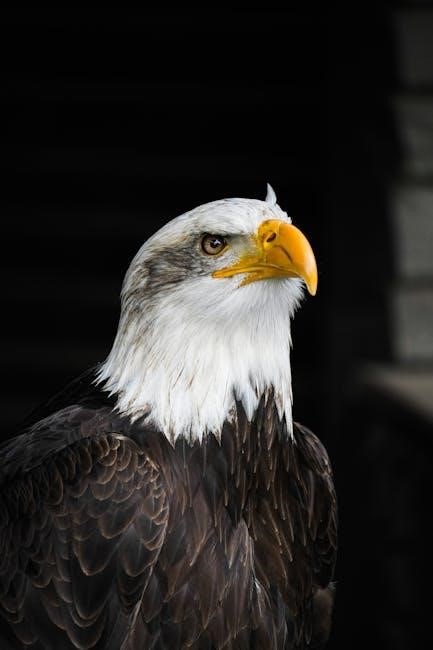
Marketing and Business Skills
Mastering marketing and business skills is vital for attracting clients․ Develop a strong brand, create an online presence, and use effective communication to promote your guiding services successfully․
8․1 Building a Personal Brand as a Guide
Building a personal brand as a hunting guide involves showcasing expertise, authenticity, and professionalism․ Use social media, websites, and storytelling to highlight your skills and experiences․ Consistency in messaging and visuals helps establish trust and credibility with potential clients, distinguishing you from competitors in the outdoor industry․
8․2 Marketing Strategies for Attracting Clients
Effective marketing strategies for hunting guides include leveraging social media platforms, SEO optimization, and content creation․ Share engaging stories, photos, and videos to showcase experiences․ Collaborate with outdoor brands and influencers to expand reach․ Offer personalized packages and testimonials to build trust․ Consistent online presence and targeted advertising ensure visibility, attracting both novice and seasoned hunters seeking unique adventures․
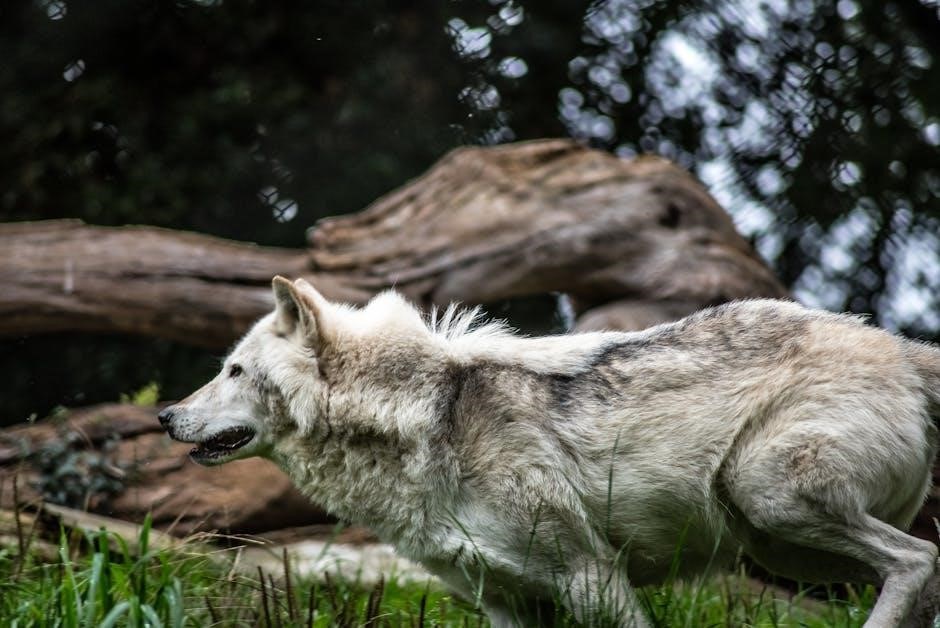
Physical and Mental Requirements
Becoming a hunting guide demands physical stamina, mental resilience, and focus․ Guides must endure harsh conditions, navigate challenging terrains, and remain calm under pressure while ensuring client safety and successful outcomes․
9․1 Maintaining Physical Stamina and Endurance
A hunting guide must possess robust physical stamina to handle long hours, challenging terrains, and unpredictable weather․ Regular cardiovascular exercises, strength training, and hiking are essential to build endurance․ Guides often carry heavy gear over miles, making physical fitness crucial for both safety and effectiveness․ A well-balanced diet and adequate rest are vital to sustain energy levels during demanding excursions․ Staying in top physical condition ensures guides can safely lead clients and manage emergencies efficiently․
9․2 Developing Mental Toughness and Focus
Mental toughness and focus are critical for hunting guides to navigate high-pressure situations and make quick decisions․ Guides must remain calm under stress, such as encountering wildlife or handling emergencies․ Developing resilience through experience and training helps build confidence and composure․ A sharp focus ensures guides can track, strategize, and lead clients effectively, even in challenging environments․ Mental discipline is key to delivering safe and successful hunting experiences․
Networking and Professional Growth
Networking and continuous learning are essential for professional growth․ Joining associations and attending workshops helps guides stay updated on industry trends, enhancing their skills and reputation in the field․
10․1 Joining Professional Associations and Networks
Joining professional associations and networks connects guides with industry experts, offering access to training, resources, and mentorship․ These groups provide updated regulations, safety standards, and ethical practices, ensuring guides remain informed and competitive in their field․ Active participation fosters collaboration, builds credibility, and opens opportunities for career advancement through shared knowledge and experiences․
10․2 Continuous Learning and Skill Development
Continuous learning is crucial for hunting guides to stay updated on best practices, safety protocols, and environmental regulations․ Engaging in workshops, certifications, and hands-on training ensures they maintain expertise in tracking, navigation, and conservation․ Regular skill development not only enhances their knowledge but also boosts client trust and satisfaction, ensuring long-term success in the competitive guiding industry․ This commitment to growth is essential for professional longevity․

Tools and Equipment for Guides
Essential tools for hunting guides include rifles, binoculars, GPS devices, first aid kits, and durable clothing․ These items ensure safety, efficiency, and success in the field․
11․1 Essential Gear for Hunting and Guiding
A hunting guide needs durable, high-quality gear, including rifles, binoculars, GPS devices, and first aid kits․ Additional tools like two-way radios, flashlights, and multi-tools are crucial for navigation and emergencies․ Proper clothing, such as waterproof jackets and sturdy boots, ensures comfort in various conditions․ These items are vital for safety, efficiency, and providing a successful hunting experience for clients․
11․2 Technology and Tools for Modern Guides
Modern hunting guides rely on advanced technology, such as GPS devices, mapping apps, and thermal imaging․ Tools like rangefinders and trail cameras enhance accuracy and tracking․ Communication devices, including two-way radios and satellite phones, ensure connectivity in remote areas․ Additionally, software for managing client itineraries and hunting analytics helps streamline operations, while cameras document experiences for marketing and client engagement․
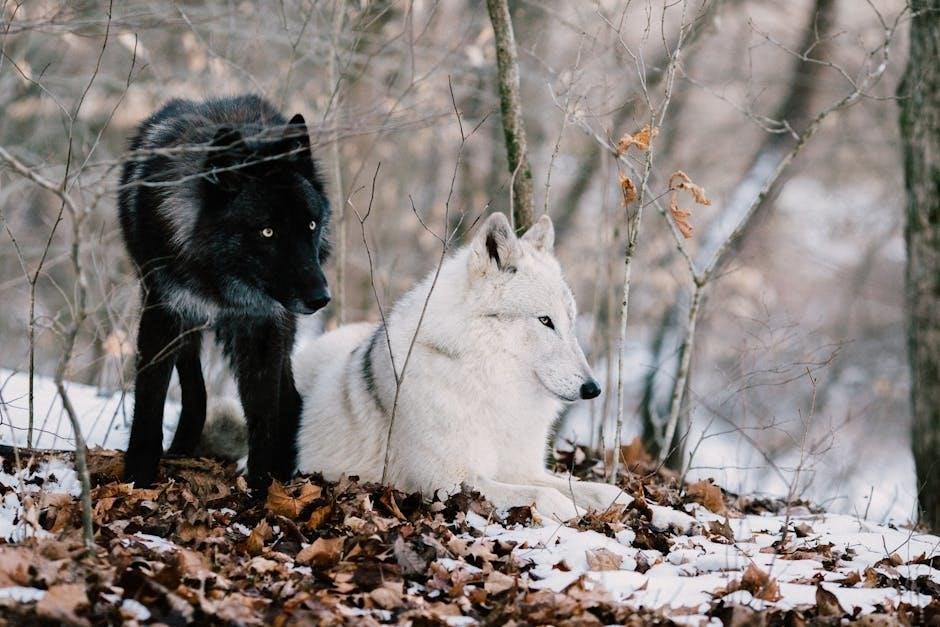
Handling Different Types of Hunts
Guides must master strategies for various hunt types, adapting to terrain, species, and client goals․ This ensures safe and successful experiences across diverse hunting conditions and requirements․
12․1 Managing Small Game Hunts
Managing small game hunts requires precise strategies and knowledge of terrain, animal behavior, and seasonal patterns․ Guides must ensure safety protocols, equipment readiness, and adapt techniques to match client skills and objectives․ Effective communication and hands-on assistance are crucial for a successful experience, while adhering to local regulations ensures ethical and sustainable hunting practices․
12․2 Organizing Large Game and Trophy Hunts
Organizing large game and trophy hunts demands meticulous planning, extensive knowledge of animal behavior, and logistics expertise․ Guides must secure permits, coordinate equipment, and ensure safety protocols are in place․ Effective teamwork and communication are essential, while experienced tracking and positioning skills maximize success․ Adherence to regulations and ethical practices ensures sustainable trophy hunting experiences that leave clients with lifelong memories․
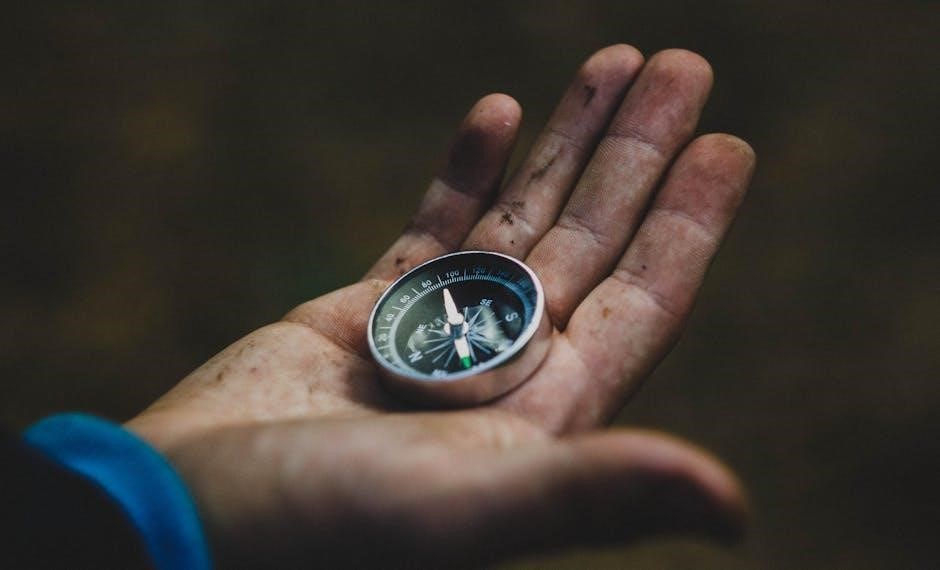
Cultural and Environmental Awareness
Understanding local customs and minimizing ecological impact are crucial․ Guides must respect cultural traditions and promote ethical practices to preserve both heritage and the environment for future generations․
13․1 Respecting Local Cultures and Traditions
Respecting local cultures and traditions is essential for hunting guides․ Guides must engage with communities respectfully, understanding their values and practices․ This includes honoring sacred sites, avoiding insensitive behaviors, and fostering positive relationships․ By doing so, guides contribute to cultural preservation and build trust, ensuring a harmonious experience for both clients and local populations․ Cultural sensitivity is key to ethical guiding practices․
13․2 Minimizing Environmental Impact
Minimizing environmental impact is crucial for responsible hunting guides․ Guides should promote sustainable practices, such as leaving no trace, managing waste, and protecting habitats․ They must ensure hunting methods align with conservation goals and avoid disrupting ecosystems․ By prioritizing environmental stewardship, guides contribute to preserving natural resources for future generations while maintaining ethical hunting standards and promoting biodiversity․ This fosters a sustainable and respectful relationship with nature․

Client Safety and Satisfaction
Ensuring client safety and satisfaction is paramount․ Guides must communicate clearly, meet expectations, and provide experienced leadership to create positive hunting experiences, fostering trust and repeat business․
14․1 Ensuring Client Safety During Hunts
Ensuring client safety during hunts is a top priority for guides․ Conduct thorough risk assessments, provide clear instructions, and maintain situational awareness․ Use safety gear, first aid kits, and emergency communication devices․ Always enforce best practices to minimize risks․ Guides must be prepared to handle unexpected situations, ensuring clients feel secure and supported throughout the hunting experience․
14․2 Maximizing Client Satisfaction and Repeat Business
Maximizing client satisfaction is key to building a successful guiding career․ Focus on delivering exceptional experiences by understanding client goals, providing personalized attention, and ensuring professionalism․ Foster positive relationships through clear communication and respect․ Offer follow-up interactions to gather feedback and encourage repeat visits․ Satisfied clients often become loyal customers and referrals, driving long-term business growth․

Common Challenges and Solutions
Hunting guides face challenges like unpredictable weather, difficult terrain, and client expectations․ Solutions include thorough preparation, adaptability, and clear communication to ensure smooth and successful hunting experiences․
15․1 Overcoming Obstacles in the Field
Hunting guides often encounter unpredictable weather, difficult terrain, and unexpected wildlife behavior․ To overcome these challenges, guides must remain calm, think critically, and rely on their training and experience․ Carrying essential gear, staying alert, and maintaining clear communication with clients are key to ensuring safety and success․ Adaptability and quick decision-making are vital skills for handling unforeseen situations effectively in the field․
15․2 Adapting to Changing Conditions and Circumstances
Hunting guides must be highly adaptable to handle dynamic environments and unpredictable circumstances․ Weather conditions, animal behavior, and terrain difficulties can shift rapidly, requiring quick adjustments․ Effective guides stay flexible, utilize real-time data, and maintain backup plans to ensure safety and success․ Adaptability is crucial for managing unexpected challenges while keeping clients engaged and informed throughout the hunt․
Becoming a successful hunting guide demands dedication, continuous learning, and a passion for wildlife․ Stay adaptable, prioritize safety, and ensure client satisfaction to build a rewarding career․
16․1 Summarizing Key Points for Success
To excel as a hunting guide, master wildlife knowledge, refine hunting techniques, and prioritize safety․ Build strong client relationships, stay physically fit, and adapt to challenges․ Continuously learn, network, and uphold ethical practices․ Success lies in balancing expertise, communication, and a passion for conservation to create unforgettable experiences while ensuring client satisfaction and environmental stewardship․
16․2 Final Advice for Aspiring Hunting Guides
Aspiring guides must stay dedicated, patient, and passionate․ Gain hands-on experience, seek mentorship, and embrace lifelong learning․ Build a strong reputation through reliability and ethics․ Connect with clients personally and always prioritize safety․ Cultivate resilience and adaptability to thrive in this rewarding yet challenging field․


